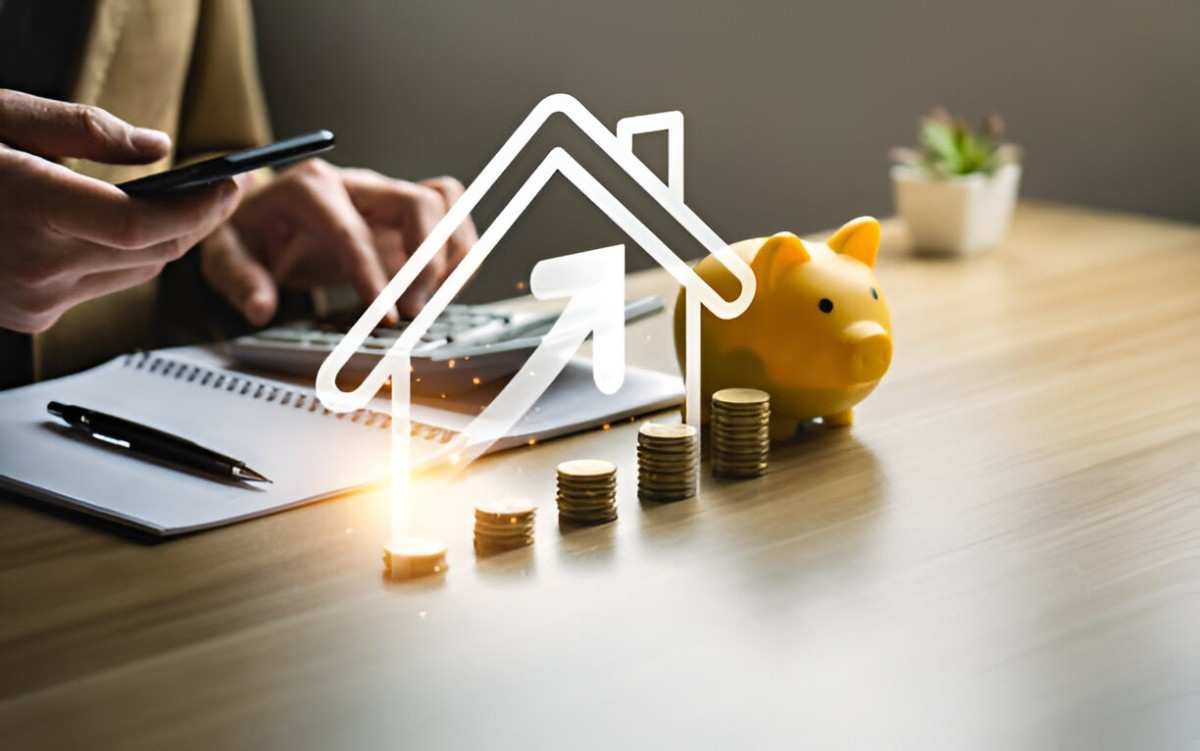I’ve heard it countless times from friends, family, and media pundits: “Buying a house is the best investment you can make.” As someone grounded in finance and accounting, I don’t agree. That advice might sound comforting, but when I look at the hard numbers, economic implications, and financial realities, the truth is clear—a house is not an investment. Not in the way most people think.
Table of Contents
What Is an Investment?
Before I dive into real estate, I need to define what an investment really is. An investment is something that puts money in your pocket. It should offer a return in the form of cash flow, appreciation, dividends, or interest. When I buy stocks, bonds, or income-generating assets, they typically yield measurable returns.
Now, let me consider a primary residence—a home I live in. It doesn’t pay me. Instead, it takes from me: mortgage payments, insurance, taxes, repairs, and opportunity costs. That’s why I argue that a house is a consumption good, not an investment.
The True Cost of Homeownership
Many Americans underestimate the true cost of owning a home. Here’s a breakdown of annual costs as a percentage of home value:
| Cost Component | % of Home Value (Annual Avg.) |
|---|---|
| Property Taxes | 1.1% |
| Insurance | 0.5% |
| Maintenance & Repairs | 1% |
| HOA Fees (if any) | 0.3% |
| Opportunity Cost | 4%-6% |
Let’s assume I buy a $400,000 home. Here’s what I spend annually:
- Property taxes: $4,400
- Insurance: $2,000
- Maintenance: $4,000
- HOA: $1,200
- Opportunity cost (5%): $20,000
Total annual cost: $31,600
Over 30 years, ignoring inflation, that’s 31,600 \times 30 = 948,000 dollars.
That’s not including mortgage interest, which we’ll tackle next.
Mortgage Interest Eats Your Equity
If I take a 30-year mortgage on that $400,000 home with a 7% interest rate, I’ll pay around $2,661 monthly. Over 30 years:
2,661 \times 12 \times 30 = 958,000 dollars paid in total
Out of this, over 550,000 goes just to interest. That’s more than the home’s value. My principal repayment builds equity, but only slowly, especially in the first 15 years.
Appreciation Isn’t Real Profit
Home prices do go up, but not nearly as much as people believe. According to the Federal Housing Finance Agency (FHFA), the long-term appreciation of homes in the U.S. has been around 3.4% annually.
Compare that to the S&P 500’s historic return of about 10% annually.
Let’s compare:
| Asset | Avg. Annual Return | 30-Year Growth ($100k Start) |
|---|---|---|
| Home Value | 3.4% | 100,000 \times (1.034)^{30} = 274,500 |
| S&P 500 | 10% | 100,000 \times (1.10)^{30} = 1,744,940 |
Even if I sell the house after 30 years at $274,500 gain, I’ll have to pay selling costs (typically 6% or $32,700), and possibly capital gains tax. I might walk away with around $240,000 in equity—less than what I paid in interest alone.
Illiquidity and Inflexibility
Another reason I don’t treat my home as an investment is the lack of liquidity. I can’t sell a portion of it in a downturn. I can’t quickly cash out during emergencies. If the local market crashes or demand dries up, I may be stuck.
On the other hand, investments in stocks or bonds are liquid. I can sell a few shares if I need $1,000. That flexibility matters.
Opportunity Cost: The Hidden Drain
That $100,000 down payment on a house could be invested in the market instead. Assuming a 10% return:
100,000 \times (1.10)^{30} = 1,744,940So, I’m giving up nearly $1.7 million just by locking that capital into a non-productive asset.
Renting Is Not Wasting Money
People say renting is throwing money away. That’s a half-truth. I still need shelter, whether I rent or own. But when I rent, I avoid mortgage interest, property taxes, insurance, and maintenance. Plus, I keep my capital flexible.
Let me illustrate with a comparison:
| Expense Category | Owning a Home ($400k) | Renting ($2,200/month) |
|---|---|---|
| Mortgage Interest | $18,000 | $0 |
| Property Tax | $4,400 | $0 |
| Maintenance | $4,000 | $0 |
| Insurance | $2,000 | $200 |
| HOA | $1,200 | $0 |
| Rent | $0 | $26,400 |
| Total Annual Cost | $29,600 | $26,600 |
When I include opportunity cost of the down payment, renting wins easily.
Homes Have Emotional Value, Not Financial
That’s not to say homeownership is bad. It offers emotional benefits: stability, pride, autonomy. But those aren’t investment returns. I might love my backyard or being able to paint the walls any color—but those are lifestyle perks.
From a finance perspective, emotional satisfaction is not ROI.
Tax Breaks Don’t Change the Math
Some argue that mortgage interest deductions make owning worthwhile. But after the 2017 Tax Cuts and Jobs Act, most Americans take the standard deduction. Itemizing makes sense only for a small segment of homeowners now.
Moreover, deductions aren’t dollar-for-dollar savings. If I deduct $10,000 and I’m in the 22% bracket, I save only 10,000 \times 0.22 = 2,200 on taxes. That doesn’t outweigh the interest cost.
Real Estate as Investment: A Different Beast
Now, if I buy a house to rent out, that’s different. A rental property can produce net income. It can appreciate. I can depreciate it on my taxes. That’s an investment.
But my personal residence? It doesn’t earn. It costs.
Final Thought: It’s About Purpose
When I view my house as shelter, not as an investment, I make clearer choices. I evaluate affordability, quality of life, and location. I don’t fool myself with expected appreciation or tax magic.
Real investments grow wealth. A home preserves lifestyle.
If I want to build wealth, I invest in the market, businesses, or rental real estate—not my primary residence.





